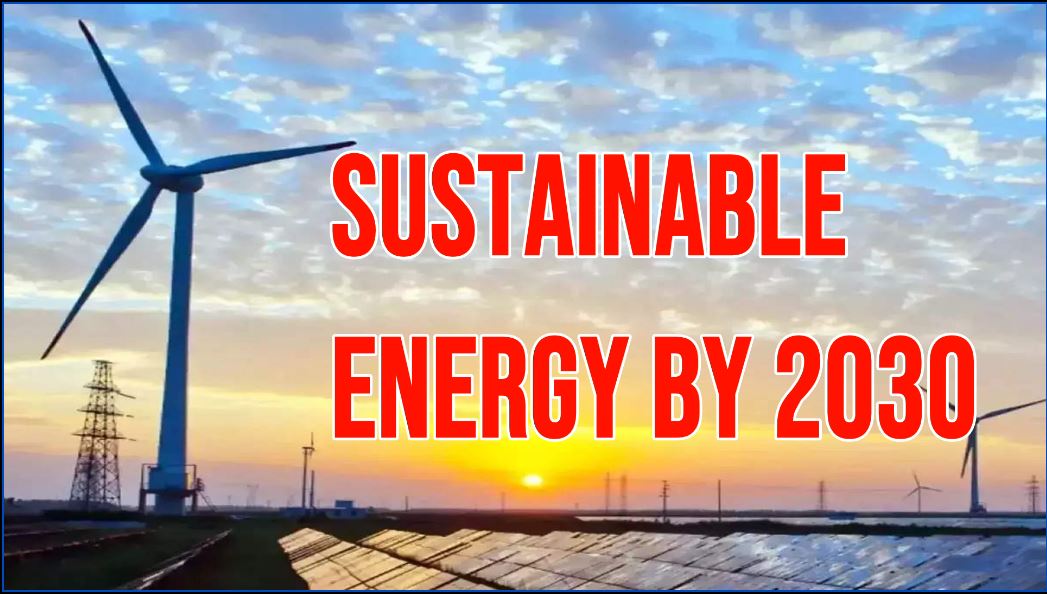The global energy crisis, exacerbated by the war in Ukraine, is expected to stimulate the deployment of renewables and improve energy efficiency, as some governments boost investment
 KRC TIMES Desk
KRC TIMES Desk

The Energy Progress Report, from the International Energy Agency (IEA), the International Renewable Energy Agency (IRENA), the UN Statistics Division (UNSD), the World Bank, and the World Health Organization (WHO), warns that current efforts are not enough to achieve the SDG 7 on time.
There has been some progress on specific elements of the drive to reach SDG 7 – for example, the increased rate of using renewables in the power sector – but progress is insufficient to reach the targets set forth, in time for the 2030 deadline.
SDG 7 is to ensure access to affordable, reliable, sustainable and modern energy. The goal includes reaching universal access to electricity and clean cooking, doubling historic levels of efficiency improvements, and substantially increasing the share of renewables in the global energy mix, said the report authors.
Reaching the goal, will have a deep and positive impact on people’s health and well-being, helping to protect them from environmental and social risks such as air pollution, and expanding access to primary health care and services.
The global energy crisis, exacerbated by the war in Ukraine, is expected to stimulate the deployment of renewables and improve energy efficiency, as some governments boost investment.
However, IRENA estimates show that international public financial flows in support of clean energy in low and middle-income countries have been decreasing since before the COVID-19 pandemic and funding is limited to a small number of countries. To meet SDG 7 targets, it is going to be necessary to structurally reform international public finance and define new opportunities to unlock investments, the authors said.
The report also finds that mounting debt and rising energy prices are worsening the outlook for reaching universal access to clean cooking and electricity.


